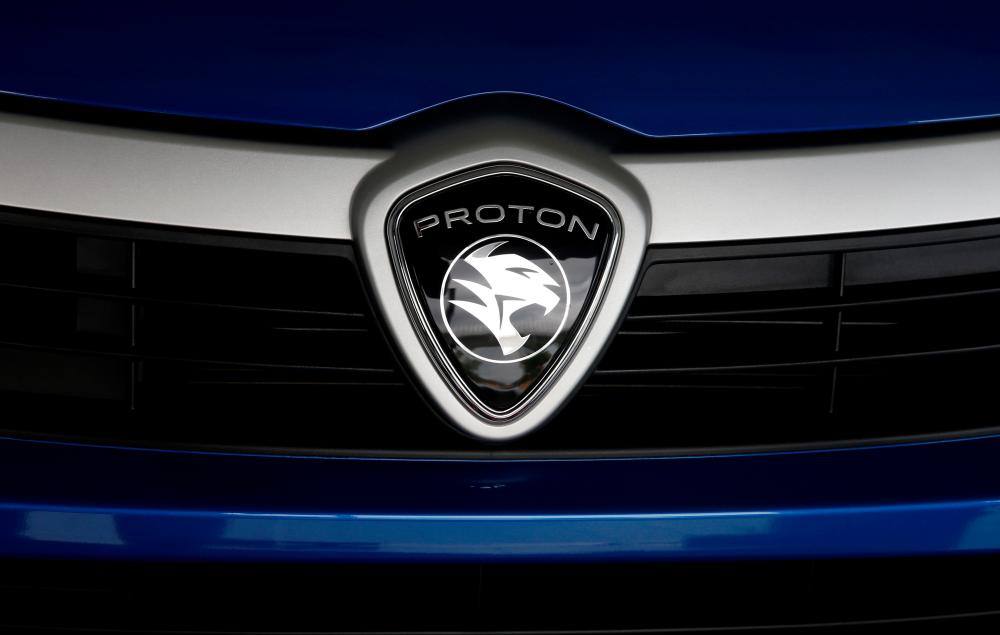KUALA LUMPUR: Malaysian car maker Proton could return to profit this year after years of losses, driven by new product launches and aggressive cost-cutting under a joint management with China's Geely, its chief executive officer said.
It would mark the company's first annual profit since Zhejiang Geely Holding Group, owner of Volvo Cars, bought a 49.9% stake in the loss-making company in 2017, injecting cash and new technology to help Proton's turnaround.
"I think this year we could make a profit. Financial performance has improved a lot. You will see the numbers at the end of this year," Li Chunrong who has been Proton's CEO since Geely's acquisition told Reuters in an interview.
"We are confident that next year we will be profitable."
Founded in 1983, Proton has reported losses for years and had resorted to state aid for survival, hit by intensifying competition from Japanese rivals such as Toyota Motor Corp's Daihatsu and Honda Motor Co.
Proton reported a net loss of 481 million ringgit ($115 million) in its financial year that ended in March, according to local conglomerate DRB-HICOM, which owns the remaining stake at Proton.
However, the 2017 deal with Geely, which also has a stake in Daimler, helped it win back customers.
Proton launched five new models over the past year including the popular X70 sport utility vehicle which is based on Geely's Boyue, and saved 250 million ringgit in costs, Li said.
The Malaysian company is nearing its target of selling 93,000 cars this year and expects sales to hit 100,000 units, up around 54% from last year.
Li said Proton is likely to set a 2020 target of a 30% rise in vehicle sales, as its board meets on Saturday to set performance goals.
Proton's strong recovery, which helped it become the No.2 car maker in Malaysia this year, trailing only Daihatsu's Perodua, comes as the country's auto market is seen growing just 1.1% next year to 610,000 vehicles, according to AmInvestment Bank.
Proton wants to claim the top position in Malaysia by 2027 and become a top-3 player in Southeast Asia where it currently ranks the ninth biggest, as it looks to export to key markets of Thailand and Indonesia. - Reuters















